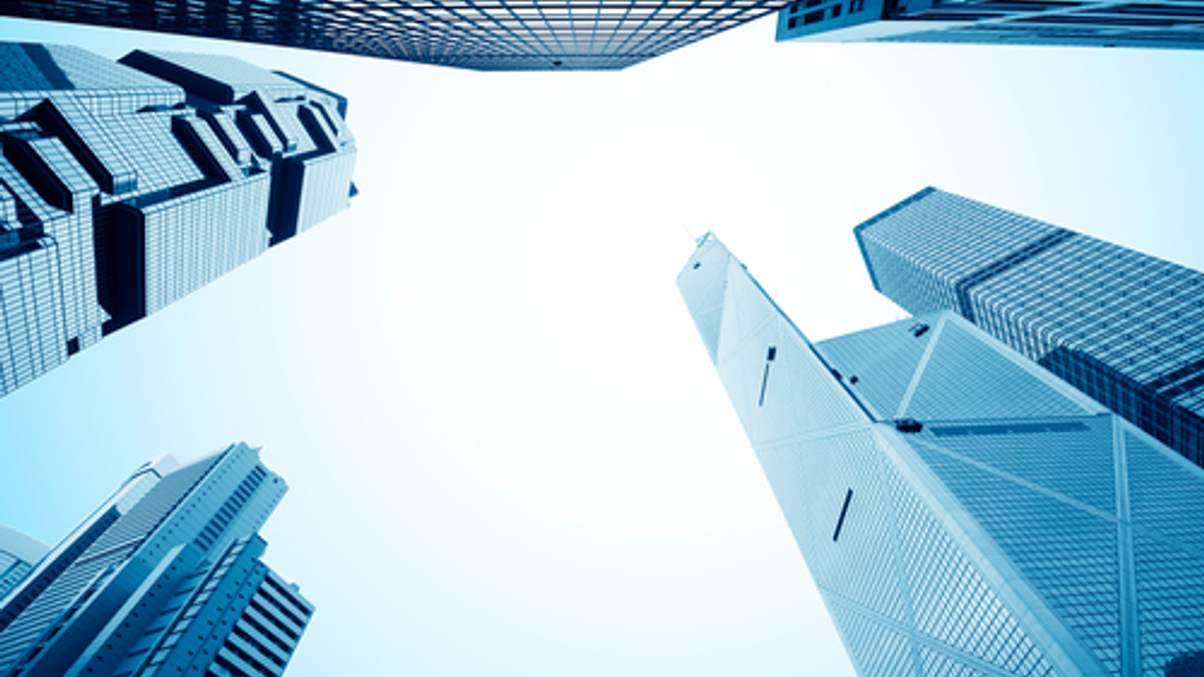BlackRock shunning Hong Kong property
The fund house's Asia head of real estate says the Chinese territory looks “mighty expensive”, but others feel its relentless rise in property prices is justified.

Some big investors are sounding the alarm over Hong Kong real estate after years of price rises amid concerns over expected interest rate hikes, while others argue the continued influx of capital is justified.
Sign In to Your Account
Access Exclusive AsianInvestor Content!
Please sign in to your subscription to unlock full access to our premium AI resources.
Free Registration & 7-Day Trial
Register now to enjoy a 7-day free trial—no registration fees required. Click the link to get started.
Note: This free trial is a one-time offer.
¬ Haymarket Media Limited. All rights reserved.


